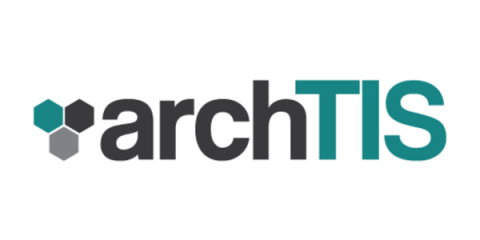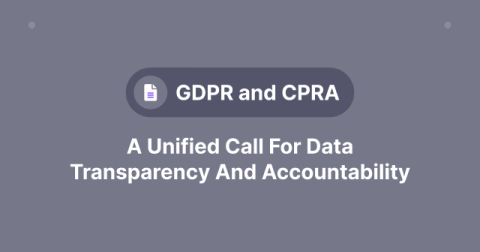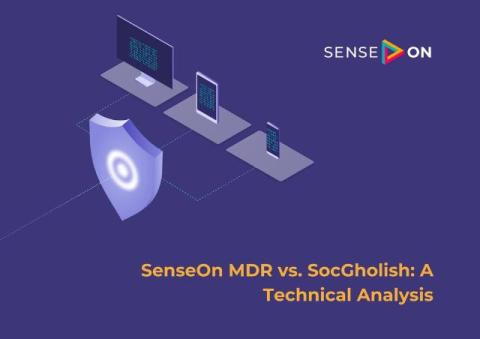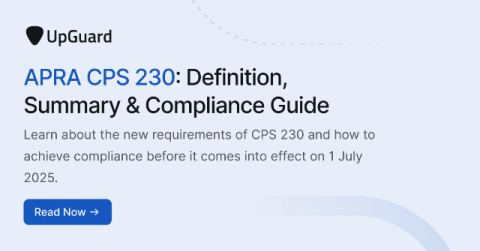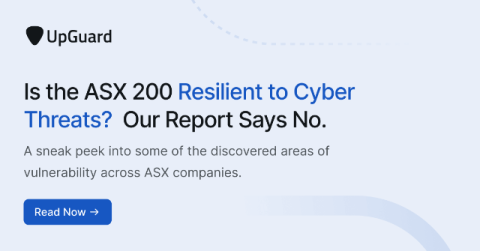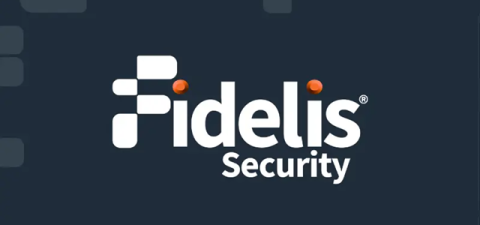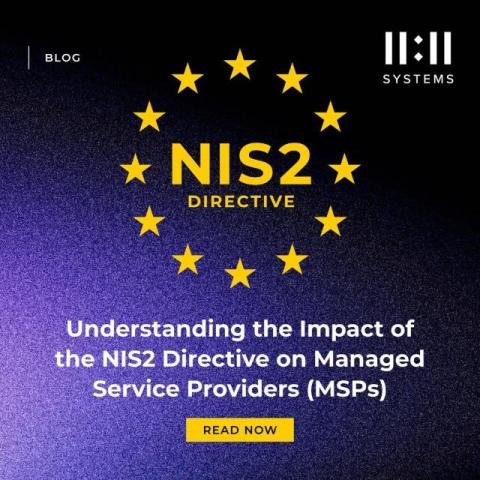The Developer's Guide to the Cyber Resilience Act
In February 2024, Change Healthcare, one of the biggest IT solution companies in the U.S. healthcare system, suffered from a ransomware attack resulting in a complete shutdown of their IT system. Because of this attack, hospitals and pharmacies experienced interruptions in patient treatments, as well as in payments for several weeks. This is a nightmare for any software developer, security engineer or a company.




